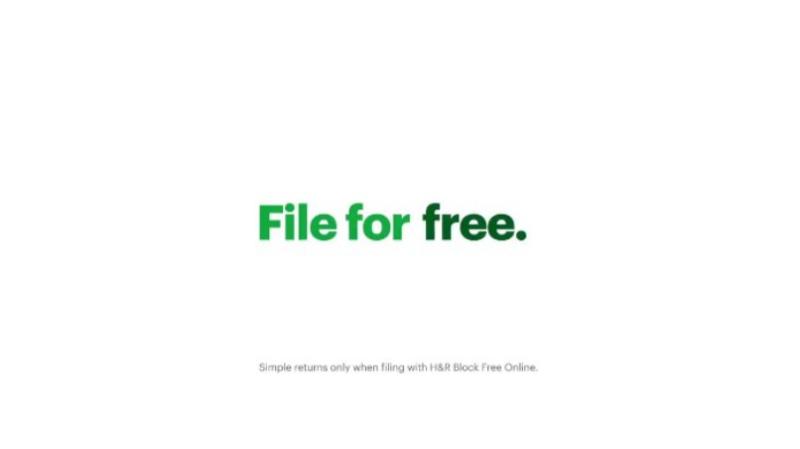The Federal Trade Commission is taking action against tax preparation company H&R Block for unfairly deleting consumers’ tax data and requiring them to contact customer service when they downgrade to more affordable online products, and deceptively marketing their products as “free” when they were not free for many consumers. These practices cost consumers time and money.
“H&R Block designed its online products to present an obstacle course of tedious challenges to consumers, pressuring them into overpaying for its products,” said Samuel Levine, Director of the FTC’s Bureau of Consumer Protection. “Today’s action demonstrates that companies using coercive techniques that harm consumers can expect to hear from the FTC.”
In an administrative complaint, FTC staff alleges that H&R Block’s online tax filing products lead consumers into higher-cost products made for more complicated tax filings, despite many consumers not needing the additional tax forms and schedules offered by those products. In addition, H&R Block fails to clearly explain which of its products cover what forms, schedules, or tax situations, leading many consumers to start completing their tax returns in products that are more expensive than they need. When consumers later realized they did not need or want those more expensive products, though, H&R Block presented them with a series of time-consuming challenges when attempting to downgrade after already spending substantial time entering their tax information.
Specifically, when consumers choose to downgrade, H&R Block requires consumers to contact its customer support via chat or phone. Then, its system deletes all the tax data the consumers have entered, requiring them to start their tax return from scratch, creating a significant disincentive to downgrading. This stands in contrast to the upgrade process, where consumers’ data seamlessly moves to the more expensive product instantly.
Similarly, the complaint alleges that while consumers can upgrade without contacting H&R Block customer service, the opposite is true for the downgrade process. Since at least 2014, consumers attempting to downgrade have had to reach out to the company to request a downgrade – a process that has often been frustrating and time-consuming.
In addition to the company’s unfair practices regarding downgrades, the complaint also alleges the company has engaged in deceptive advertising for years, marketing its online tax preparation services as “free” when many consumers are not eligible to use the company’s free products.

The complaint outlines a number of advertisements by H&R Block on TV and online promoting that consumers can file for “free” with the company. The ads contain language saying—sometimes only in fine print—the “free” offer applies only to “simple returns.” The ads, however, do not explain what a “simple return” is, and the complaint notes that H&R Block has changed its definition of a “simple return” multiple times in recent years. According to the complaint, the company was aware of consumers’ frustration and confusion with these misleading advertisements.
The Commission vote to issue the administrative complaint was 3-0.
NOTE: The Commission issues an administrative complaint when it has “reason to believe” that the law has been or is being violated, and it appears to the Commission that a proceeding is in the public interest. The issuance of the administrative complaint marks the beginning of a proceeding in which the allegations will be tried in a formal hearing before an administrative law judge.
The staff attorneys on this matter are Claire Wack, Simon Barth, and Christopher E. Brown of the FTC’s Bureau of Consumer Protection.